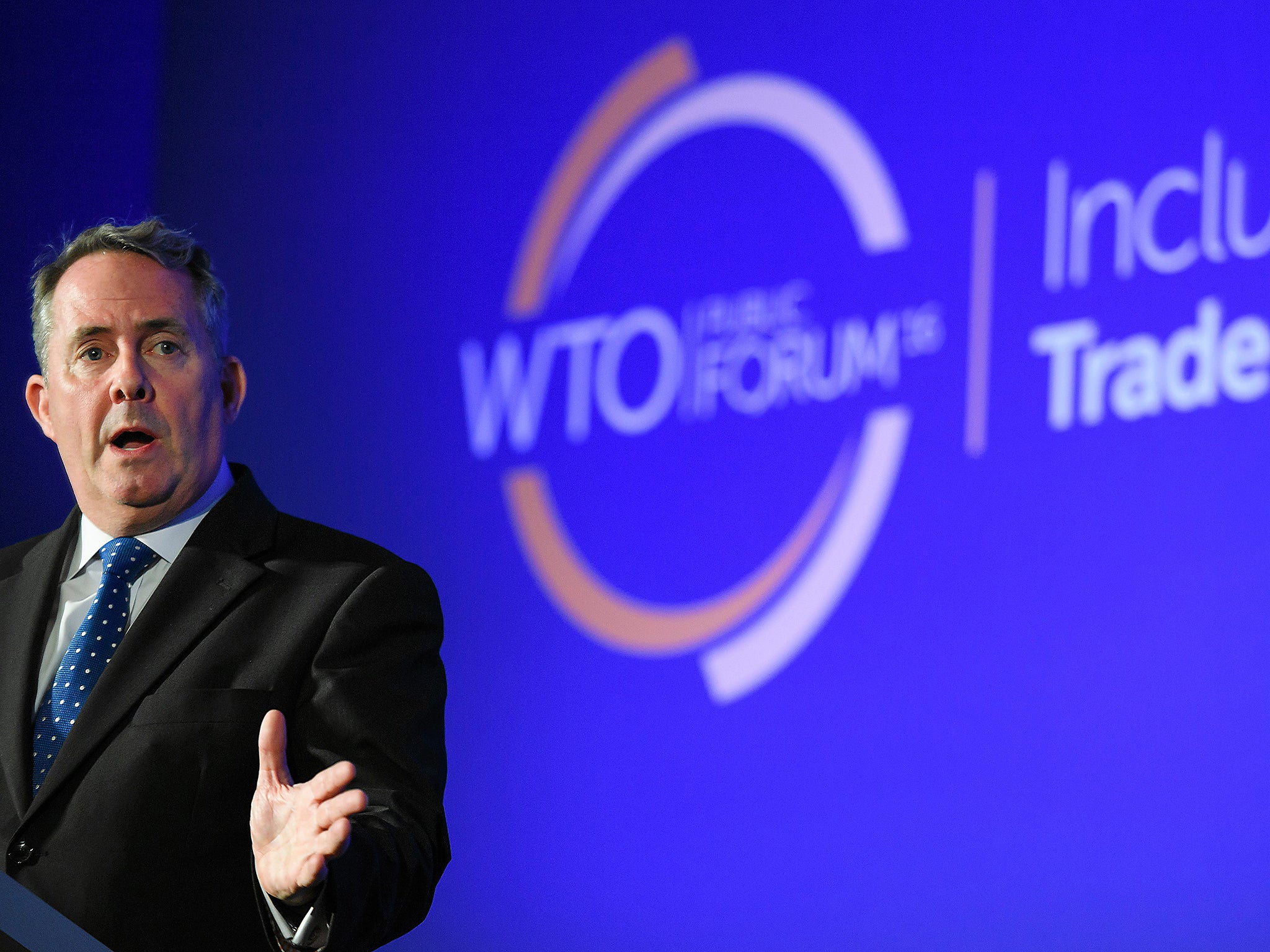CETA: EU-Canada trade deal to kick in next week amid claims it could increase inequality
Deal will eliminate 98 per cent of all Canadian tariffs but campaigners say benefits are ‘over-hyped’

Your support helps us to tell the story
From reproductive rights to climate change to Big Tech, The Independent is on the ground when the story is developing. Whether it's investigating the financials of Elon Musk's pro-Trump PAC or producing our latest documentary, 'The A Word', which shines a light on the American women fighting for reproductive rights, we know how important it is to parse out the facts from the messaging.
At such a critical moment in US history, we need reporters on the ground. Your donation allows us to keep sending journalists to speak to both sides of the story.
The Independent is trusted by Americans across the entire political spectrum. And unlike many other quality news outlets, we choose not to lock Americans out of our reporting and analysis with paywalls. We believe quality journalism should be available to everyone, paid for by those who can afford it.
Your support makes all the difference.The EU’s controversial trade deal with Canada will come into force next week, amid claims it could increase inequality.
The Comprehensive and Economic Trade Agreement, or Ceta, will be applied in the UK on Thursday following seven years of negotiations.
Politicians in the UK, Europe and Canada have heralded the deal as a boost to prosperity on both sides of the Atlantic, but some academics have suggested it will further concentrate wealth at the top of society.
The UK will fall out of the deal when Brexit takes place in March 2019, but has pointed to the agreement as a potential blueprint for a future deal with Canada.
International Trade Secretary Liam Fox informed Parliament in a written statement that the deal would provisionally come into effect on 21 September.
He said: “Canada is one of the world’s most developed economies and a significant trading partner for the UK.
“The provisional application of Ceta will benefit consumers and provide opportunities for British businesses with 98 per cent of all Canadian tariff lines being eliminated.
“This will create major opportunities for UK businesses across the whole economy and the Government is now working with our Canadian partners to ensure that UK businesses take full advantage of the provisional application of this agreement.”
Ceta has been approved by the European Parliament and the British Government, but some academics have suggested that the modelling used to ascertain the economic impacts of Ceta has been unreliable.
In a paper in the International Journal of Political Economy, Pierre Kohler, of the United Nations, and Servaas Storm, of Delft University of Technology in the Netherlands, wrote: “Our results show that cost-cutting and competitiveness-enhancing measures induced by Ceta have negative long-term effects.”
They argued that seeking to boost exports as a substitute for nurturing domestic demand is “not a sustainable growth strategy for Canada or the EU”.
The pair claimed the trade deal would eventually lead to increased domestic private lending, facilitated through renewed financial deregulation, creating further instability in the economy.
Jean Blaylock, policy officer at Global Justice Now, has said politicians had a long history of “over-hyping the economic benefits of free trade deals”.
The group claims that “the only winners from this deal will be the big corporations who will be getting a raft of new powers that enable them to sue governments, have enormous influence to weaken important protections on the food we eat and lock in the privatisation of vital public services like the NHS”.
Following Brexit, the UK will no longer be party to trade deals negotiated by the European Union, but politicians have pointed to Ceta – which took seven years to negotiate – as a possible format for an agreement with Canada.
Join our commenting forum
Join thought-provoking conversations, follow other Independent readers and see their replies
Comments